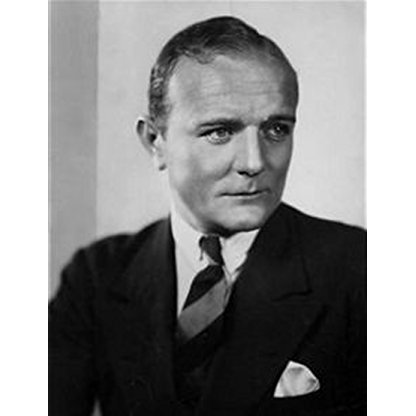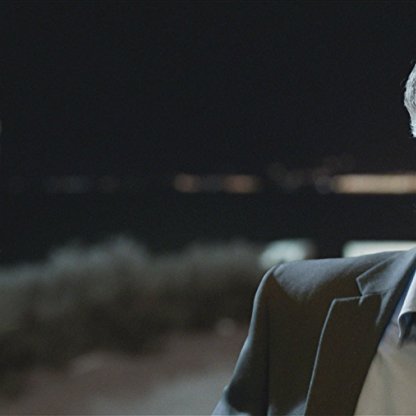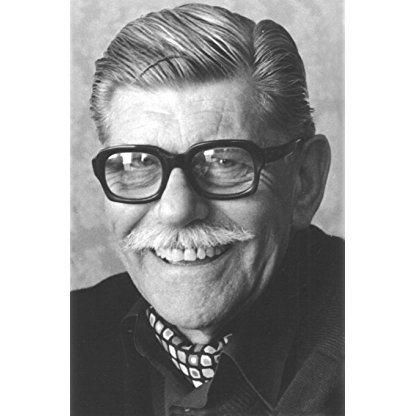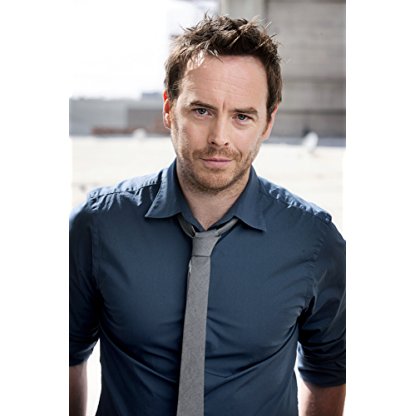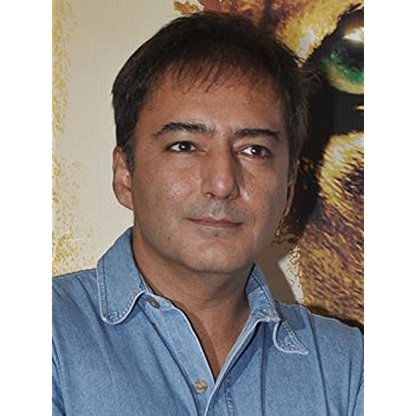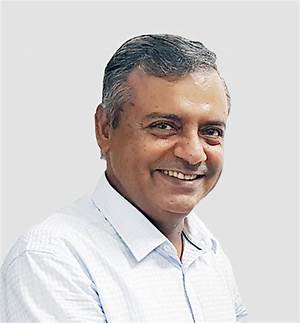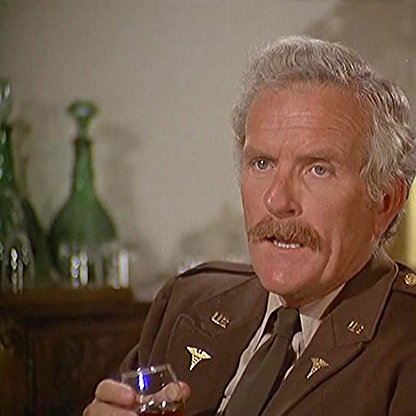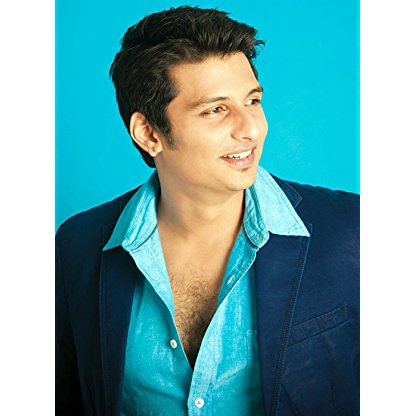Joseph's style attracted the attention of Narada Productions, a Virgin Records subsidiary, via the World Wide Web. A representative for Narada came across his website and downloaded some music. This sparked their interest and resulted in signing Joseph to a multi-record deal, according to Peter Spellman of the Berklee College of Music. The outcome was Rapture, containing intimate piano pieces, quartets, and full orchestral works. It reached ZMR's "Airwaves Top 30" at No. 15 in July 1997. This album was recorded at a number of different studios including Captain and Tennille's studio in Los Angeles, and Pachyderm Studio in Cannon Falls, Minnesota. In addition to a core band including Charlie Adams on percussion, Charlie Bisharat on violin, and Steven Trochlil on clarinet, Joseph brought in a 50-piece orchestra, and conducted and wrote all the scores. Ken Moore of the Naples Daily News cites, "Joseph's music is backed by 15 talented Musicians, some playing three or more different instruments, that make up a symphony of sounds ranging from quietly pensive mood music to a rich orchestration of classical depth and breadth." Wind and Wire Magazine contributor, Michael Debbage, recalls, "It was the year 1997 and New Age music had already peaked commercially as the interest and exposure seemed to lag. The genres main labels – Narada, Windham Music, and Higher Octave – were beginning to explore worldly themes versus the warm, earthly, acoustic themes that prior artists had established. It appeared that the abundance of new artists was becoming a dying breed. An exception to the rule was Bradley Joseph, who released his first mainstream album Rapture to glorious reviews, and to this day it remains his tour de force." One of Joseph's compositions, "The Glen", was written solely for the album Stories, a Narada Artist Collection, and is now also featured on 20 Years of Narada Piano. His works are included in other Narada compilation projects as well.
